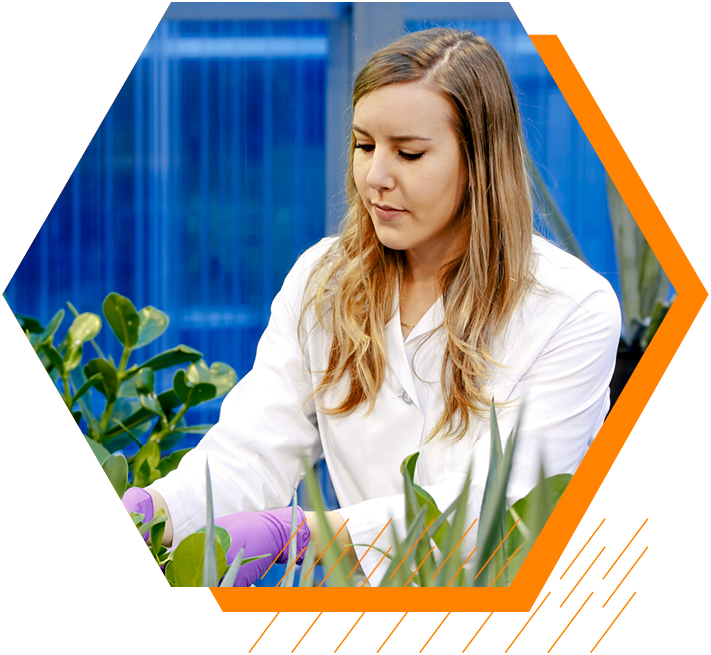
Genomics opened the door
Make NEW discoveries that harness the power of the genome through BIG SCIENCE.

- Get Supported: Receive a competitive stipend and full tuition
- Learn from the best: Distinguished Oak Ridge Graduate Advisors
- Get to work fast: graduate in an average of 4.5 years
- Be a leader: Join our alumni with a career in National Laboratories, Industry, and Academia
- 24 credit hours beyond a MS; 36 beyond a BS degree
- 6 hours at the 600-level
- 24 – 36 hours Dissertation research
- Comprehensive Exam within 3 years
- Written Dissertation and Oral Defense



